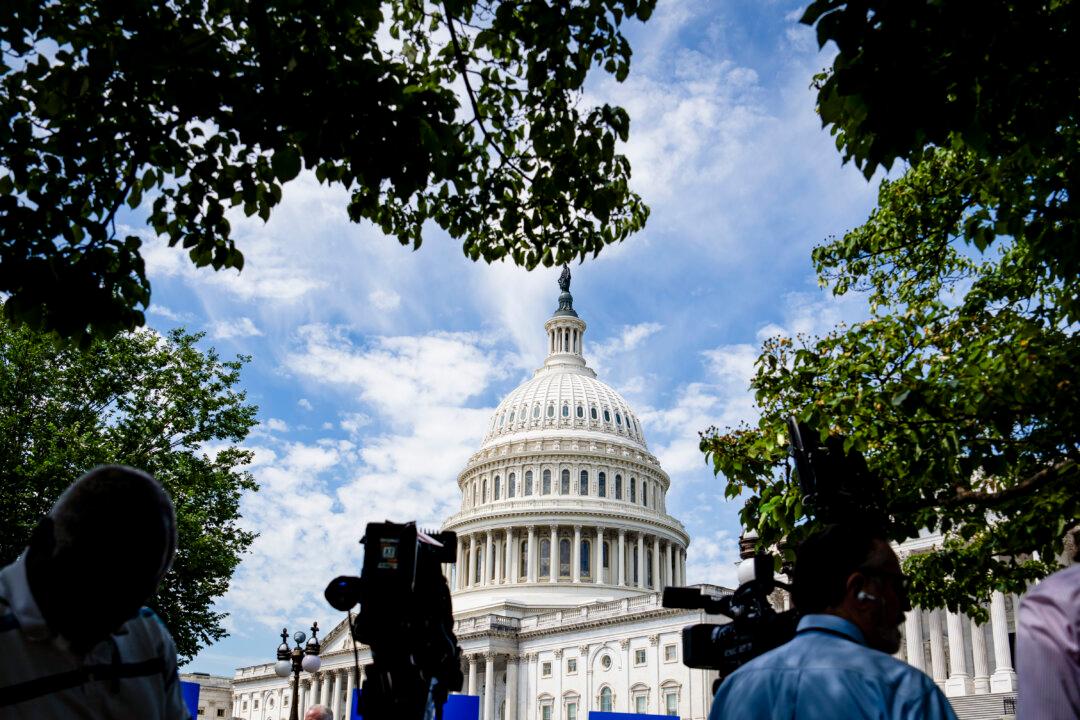Children receiving behavioral health care at residential treatment facilities operated by four major providers are subjected to “routine” physical, sexual, and emotional abuse, a Senate committee reported on June 12.
“There are endless examples of sexual, physical, and verbal abuse, improper restraint and seclusion of young children, unsafe and unsanitary conditions, and even a total lack of provision of behavioral health care,” said Sen. Ron Wyden (D-Ore.), chairman of the Senate Finance Committee investigating the allegations of abuse.





